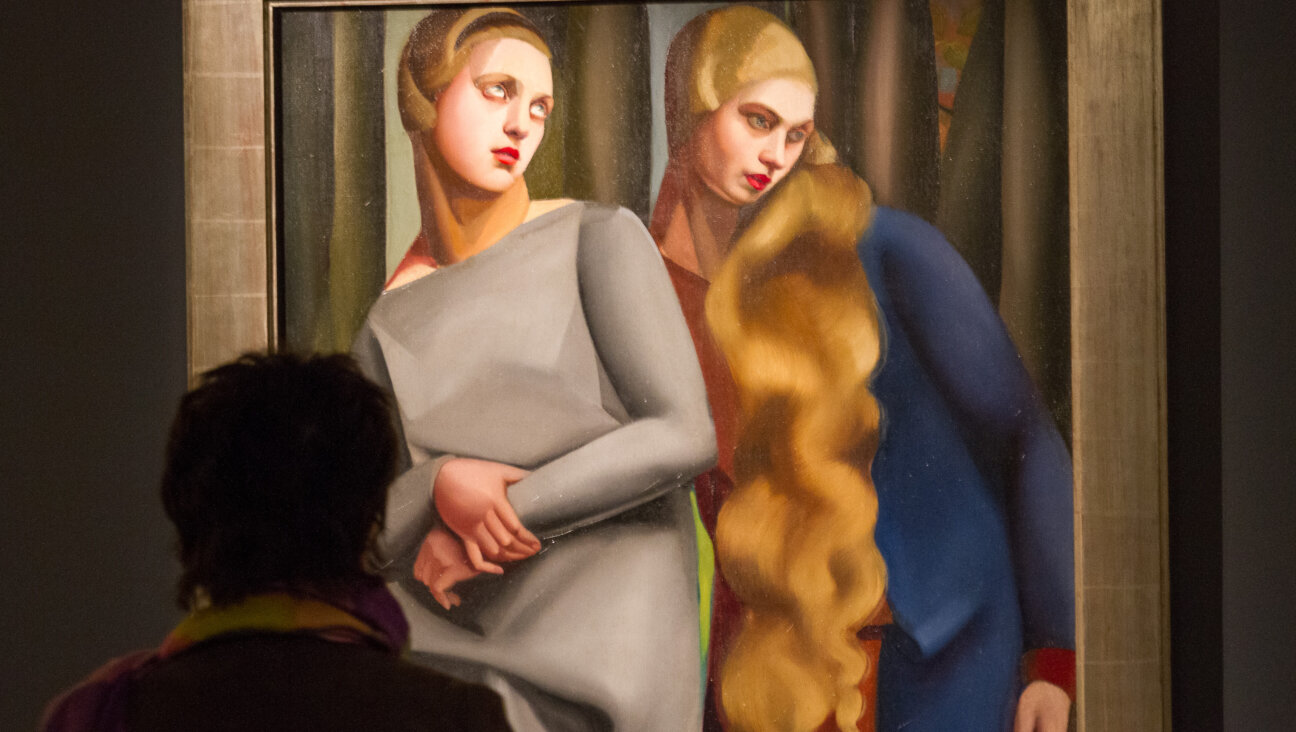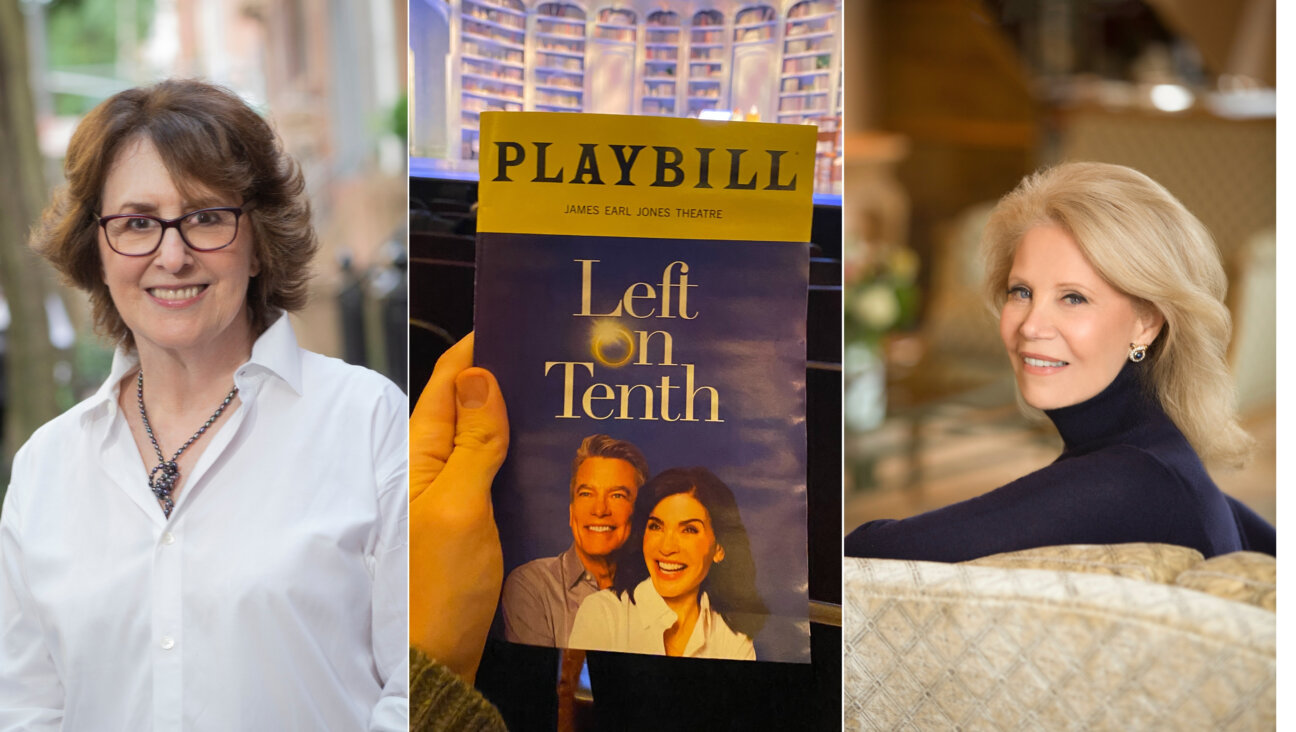Beijingers Wait for Olympics Largesse To Trickle Down
Riding my bike home from dinner on Saturday night, I saw flashing lights fill the night sky over the rooftops in the distance. For once the night was a clear one, devoid of the usual smog. Turning a corner I could see the sparkle of fireworks: the opening ceremony rehearsal. I asked my neighbor, a peasant from the neighboring province of Shandong who sells bottles of Coca Cola for 45 cents out of the one room she lives in with her husband and three children, what she thought of the performance. “It didn’t look very good,” she said. Of course, the view was pretty limited from her shack.
For all the commotion over the coming Olympics, the vast majority of Beijingers are completely disconnected from the billions of dollars and flowery rhetoric that have flooded this city in recent years. For many of them, the government’s rules and regulations are merely a headache.
Most major roads now have one lane restricted to Olympics-related vehicles. I gazed longingly at that empty stretch of asphalt from the back of a cab while stuck in yet another traffic jam the other day, almost wishing I was Jacques Rogge, the president of the International Olympics Committee. I asked my driver what he thought of the coming games. “I’m very excited,” he said, peering at me in the rear-view mirror. “We are all thrilled.” Then he turned up the radio volume.
I kept pressing.
“Have you been making more money from all the tourists coming into town?” I asked.
“Not yet,” he said. His voice was barely audible over the Mandarin pop song blaring from the speakers.
“I thought the Olympics would be good for business, but people aren’t coming,” he continued. I mentioned the new visa restrictions that went into effect in July, and he nodded. “All this money spent, for what? I don’t see any of it. After the Olympics I will still be a cab driver.”
As with so much in China, decisions that reshape millions of lives are made behind closed doors. The common folk have no power to contest or suggest a different policy, and if they tried, they would find themselves behind bars. After all, there are no public servants here, only those who serve the Communist Party. When the government closed down the factories in and around Beijing and limited the number of cars on the road a few weeks ago in an effort to cleanse the polluted skies, locals found themselves paying more for goods and services. These days, grocers, dumpling vendors and sales clerks can be heard telling a popular joke about a magic pill. “Swallow it and boom, you fall into a deep sleep. When you wake up, China will have won 40 gold medals. But best of all, the Olympics will be over!”
The yawning gap between rich and poor, and those with guanxi — that web of political and social connections that in Israel is called proteksia — and those without, runs deep here. While official slogans (“new Beijing, great Olympics”) are meant to inspire the populace to do the official Olympic cheer (Double clap! Thumbs up! Double clap again! Fists in the air!) and wave the Chinese flag, most locals have never seen the main Olympic stadium, known as “the Bird’s Nest,” in person. Nor will they attend the athletic events, or the fabulous parties thrown by Olympic sponsors like Adidas and Coca Cola. To those living on a few dollars a day, the games are a remote, ethereal event, like the glow of fireworks barely visible in the summer night sky.
A message from our Publisher & CEO Rachel Fishman Feddersen

I hope you appreciated this article. Before you go, I’d like to ask you to please support the Forward’s award-winning, nonprofit journalism so that we can be prepared for whatever news 2025 brings.
At a time when other newsrooms are closing or cutting back, the Forward has removed its paywall and invested additional resources to report on the ground from Israel and around the U.S. on the impact of the war, rising antisemitism and polarized discourse.
Readers like you make it all possible. Support our work by becoming a Forward Member and connect with our journalism and your community.
— Rachel Fishman Feddersen, Publisher and CEO























